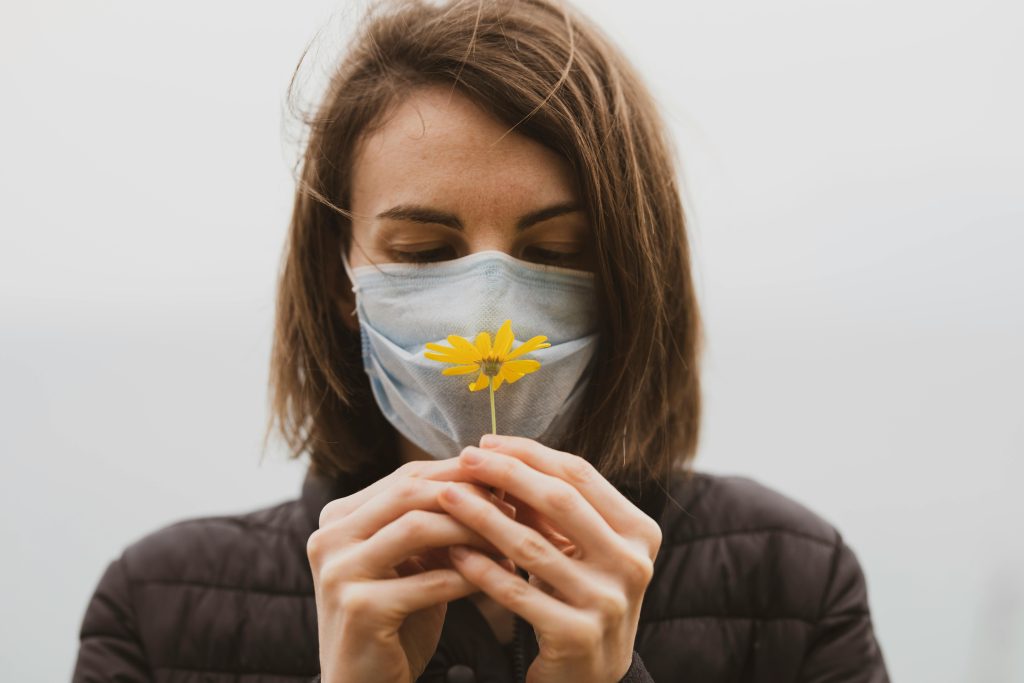Do you wake up with a stuffy nose, itchy eyes, or a scratchy throat? You’re not alone. Many people experience worsened allergy symptoms in the morning. The frustration of waking up to a sneezing fit or a congested feeling can impact the rest of your day. Understanding why your allergies tend to worsen in the morning is the first step towards finding relief. Plus, finding useful ways to handle these symptoms can really boost how you feel overall.
Morning allergies often result from a combination of factors, both environmental and physiological. Here are some reasons why your allergies may flare up during the morning hours:
Circadian Rhythms:
Our body’s internal clock, known as the circadian rhythm, can influence allergic responses. Research indicates that certain allergy symptoms follow a circadian pattern, becoming more pronounced in the early morning. Hormonal fluctuations and changes in body temperature that occur when sleeping might contribute to this phenomenon.
Indoor Allergens:
Throughout the night, you’re exposed to indoor allergens, such as dust mites, pet dander, and mould, while you sleep. These allergens can accumulate in your bedding, pillows, and carpets, triggering allergic reactions as you wake up and disturb them.
Pollen Accumulation:
Pollen levels are often higher in the early hours of the morning. During the night, plants release their pollen, and as temperatures rise in the morning, these allergens are more prevalent in the air. When you open windows or go outside, you’re immediately exposed to higher concentrations of pollen.
Humidity and Temperature Changes:
Changes in humidity and temperature can impact allergy symptoms. Mornings tend to have higher humidity, which can create an ideal environment for mould growth and dust mites. Additionally, temperature changes from the warm indoor environment to the cooler outdoor air can trigger nasal congestion and other symptoms.
Managing Morning Allergies: How to Prevent Morning Allergies
While it may be challenging to completely eliminate morning allergies, several strategies can help alleviate your symptoms and improve your quality of life:
Keep Your Bedroom Clean:
Regularly wash your bedding in hot water to eliminate dust mites. Invest in hypoallergenic pillows and mattress covers. Vacuum carpets and rugs frequently and consider using an air purifier to reduce indoor allergens.
Close Windows and Doors:
To minimise exposure to outdoor allergens like pollen, keep windows and doors closed during the morning when pollen levels are at their peak. Use air conditioning instead of opening windows for ventilation.
Shower Before Bed:
Taking a shower before going to bed can remove pollen and other allergens from your body and hair, preventing them from transferring to your bedding. This can significantly reduce morning allergy symptoms.
Consider Medication:
Over-the-counter antihistamines, eyedrops and nasal preparations can provide relief from allergy symptoms. However, it is recommended to consult a healthcare professional before starting any medication.
Why Are My Allergies Worse at Night and in the Morning?
Not only in the morning, but allergy symptoms can also worsen at night due to several factors:
Late Exposure to Allergens:
As the day progresses, exposure to allergens increases. Whether it’s pollen, pet dander, or mould, continued exposure during the day can intensify symptoms by the evening and into the night.
Indoor Allergens Concentration:
At night, when the indoor environment is more contained, allergens like dust mites and pet dander can become more concentrated. This can lead to increased allergic reactions when spending time in enclosed spaces.
Nasal Congestion Impacting Sleep:
Persistent nasal congestion can disrupt sleep, making it difficult to breathe comfortably. Poor quality sleep can exacerbate allergy symptoms, creating a cycle of worsening symptoms both at night and into the morning.
Wake Up to a Breath of Fresh Air!
Morning allergies can be a persistent annoyance, impacting your day before it even begins. Understanding the reasons behind exacerbated morning allergy symptoms, such as circadian rhythms, allergen exposure, and temperature fluctuations, is crucial in managing and alleviating these issues.
Implementing simple changes in your daily routine, such as keeping your sleeping area clean, reducing exposure to allergens, and considering medications under professional guidance, can significantly mitigate morning allergy symptoms. Additionally, by understanding why allergies worsen at night and in the morning, you can take proactive steps to address these issues and enjoy more comfortable and restful nights and mornings.
Remember, while these strategies can provide relief, if your allergies persist or significantly impact your daily life, seeking advice from an allergist or healthcare professional is always a prudent step towards effective management and treatment.


